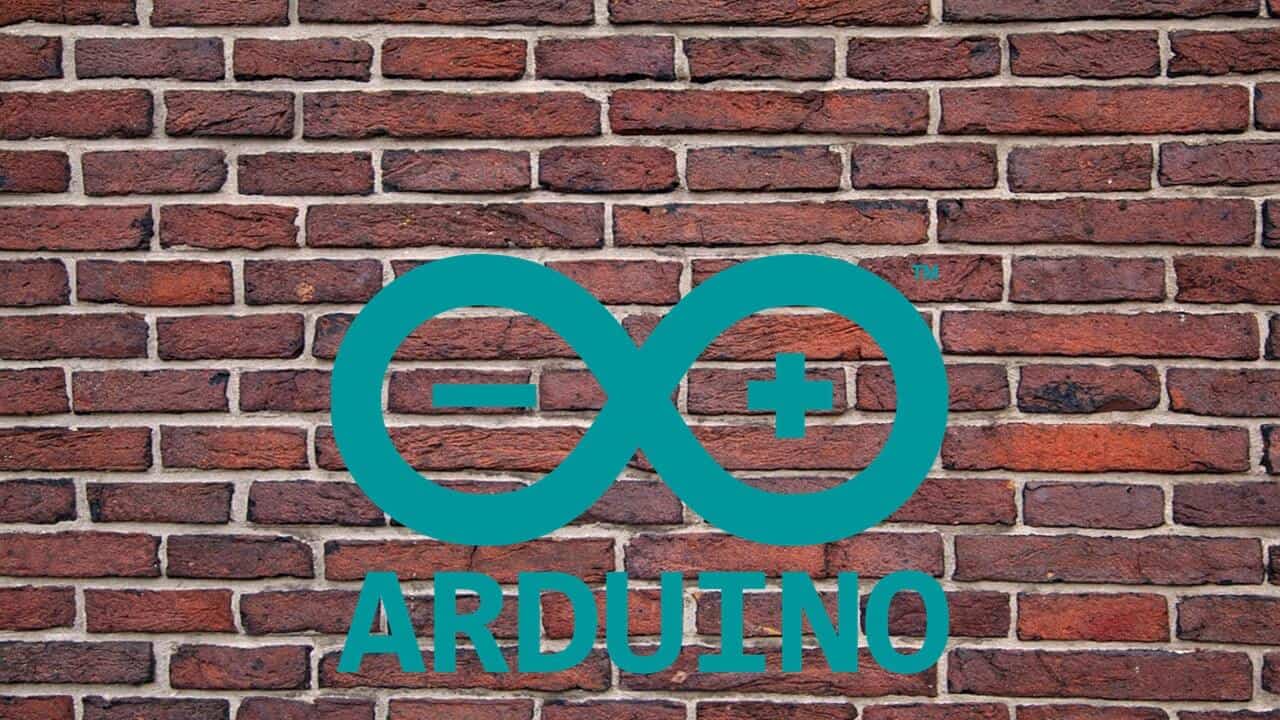- You have always been fascinated with new gadgets and electronics and wanted to learn how they work.
- You want to create your robot army to take over the world but don’t know where to begin.
- You want to learn about Embedded Systems and have a legit career in this field.
- Or you have the creativity bug inside you, and you can’t sit idle without creating new things.
All of the above are valid reasons for Enrolling in this Arduino Tutorial course.
Why should you be interested in an Arduino Tutorial Series?
If you are reading this then there is a very high chance that you have at least some idea of what Arduino is and what you can do with it. Some people label it as “Lego for techies”, and in a way, it’s true, at least in the sense that it lets you create some amazing imaginative stuff on your own using a bunch of inexpensive components. But in reality, it’s much more than that.
Arduino comprises both hardware and software. There are various types of Arduino boards available in the market that one can choose from, depending on the project. There is also the Arduino Programming Language which is based on a combination of C and C++. Below are a few reasons why (according to me), everyone should learn Arduino:
It gives you the freedom to make a lot of cool stuff
The best reason to learn Arduino is that you can make things with it. If you consider yourself a maker/tinkerer, then you’ll feel right at home. Even if you are not like that, I would still suggest you give it a try. You never know it might give you the creativity bug too.
Now the question comes, What can you make? The answer is anything and everything that you can think off. The sky’s the limit. You are only bound by your imagination and time. People have made some crazy things on the Internet, from smart Robots to home automation systems to personal use devices. The whole Arduino project is open-sourced so you will never be left alone in the dark. Chances are anything that you come up with, somebody somewhere has already implemented it. The whole Arduino community is really friendly and eager to help beginners.
It is a great Intro to Programming
In general, the learning curve for a new programming language or programming, in general, has been rather steep. Foreign syntax, delimiters, different data types and many more hurdles are few of the reasons that will stop you from understanding the logic. For most people learning to code for the first time, is a frustrating experience.
The good news, in this case, is that Arduino is quite forgiving in this aspect. It does still has a learning curve, which is, to tell the truth not easy, but it is easier to learn to code in Arduino than your first mobile app or a video game. This is to a large extent due to the open-source nature of the Arduino ecosystem and the huge community.
If you are scared by the idea of coding, then you can try other Arduino compatible languages besides the official one, such as Scratch 4, which provides a visual alternative to coding in the form of “drag & drop blocks”. These are easier to understand for newbies.
On the other hand, if you have little experience in either C or C++, then the way becomes much easier and simpler for you. Nevertheless, this is an ideal way of dipping your toes into the world of programming without much stress and hassle.
It is a great Intro to Electronics
While making a project with Arduino you will not only be exposed to coding and software but also the hardware aspects of an Embedded system. The Arduino boards are very user-friendly and provide you with all the support needed. There are countless peripherals and shields available in the market that you can use with your projects to expand or enhance it. This modular design strategy makes the whole process much simpler and easier for the end-user. You will not have to worry about the inter-compatibility between various modules and sensors.
Why should you enrol in this Arduino Tutorial Series?
At the end of this Arduino Tutorial series, I aim to make you confident enough to start building your projects in Electronics and Embedded Systems. At the very least I would like to pique your interest so that you might consider Embedded System as a career path or a hobby. There’s so much to learn, experience and share in this ever-growing fast landscape. Your progress in this course will be continuously tracked on the website and you will receive a certificate after finishing the Course.

